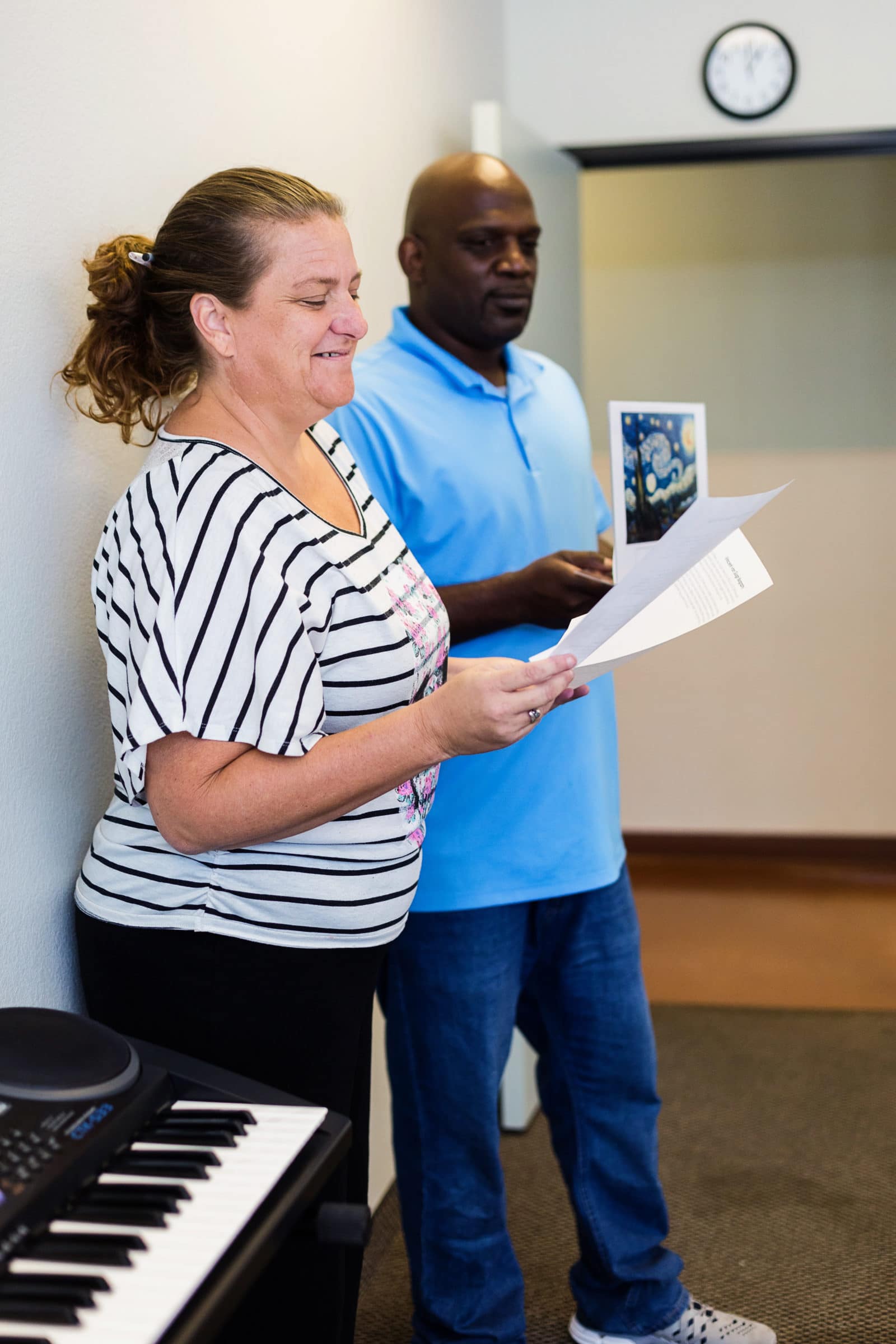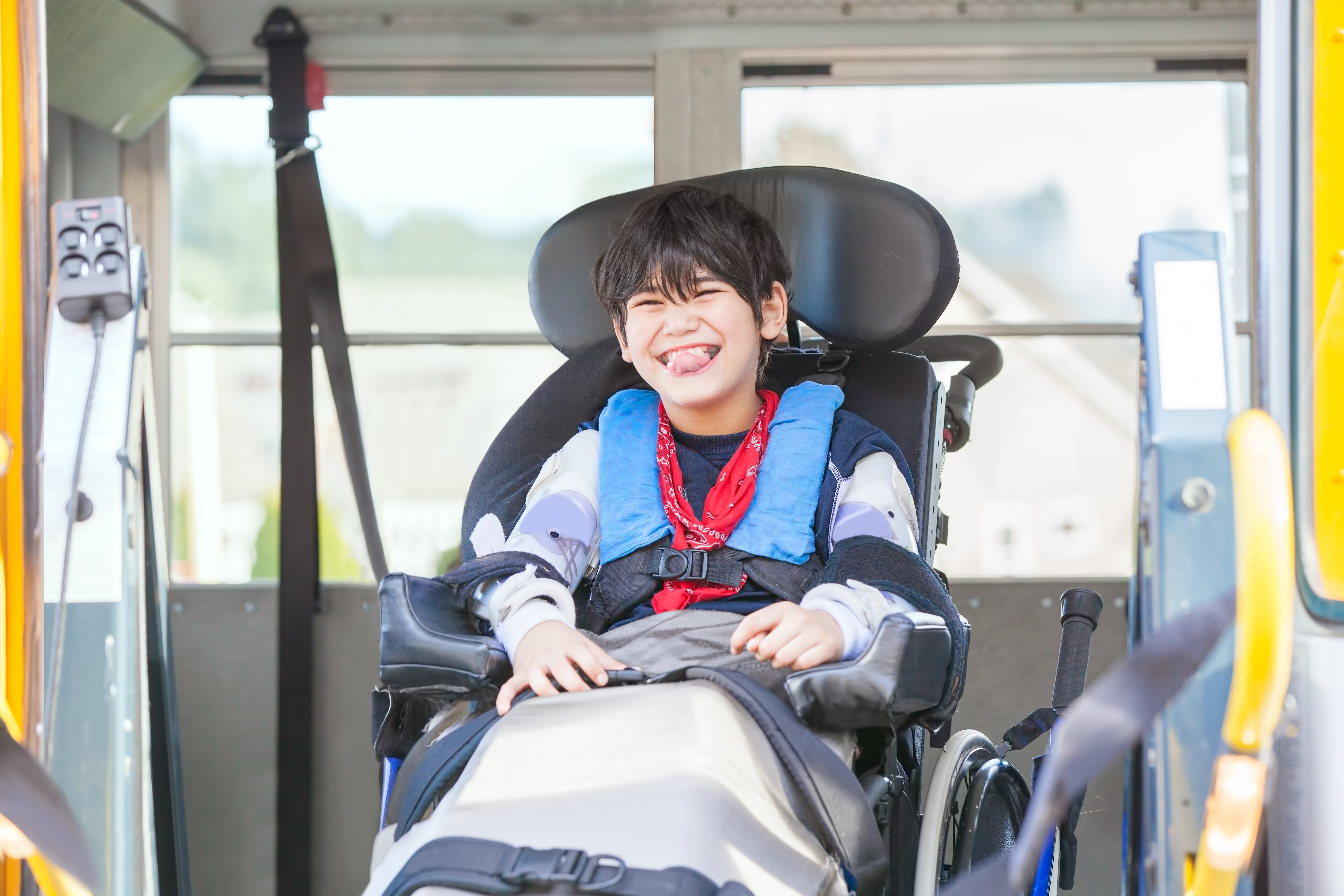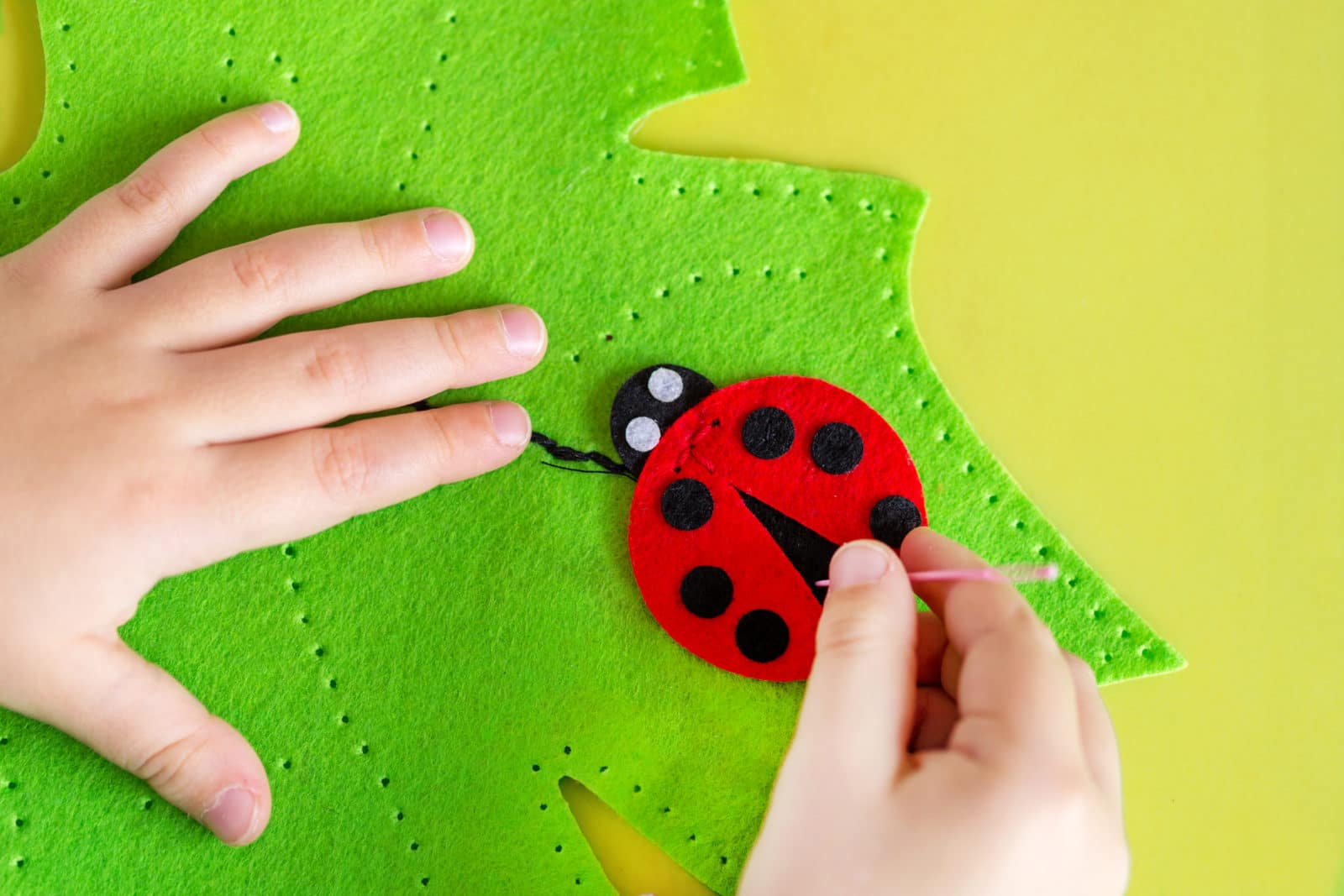News & Events
A Proactive Approach to Mental Health
Mental Health for Everyone The social stigma surrounding mental health, as with physical disabilities, is slowly diminishing. Over time, it has become more and more evident that the mind and body are connected, and that an individual’s mental state can both positively and negatively affect a person’s overall well-being. Because of this, there are many […]
Asking for Help – Part II
Asking for Help – Part II This is a multi-part article about asking for – and getting – needed assistance. To recap Part I, asking for help is: Realizing in the first place that help is needed. Usually, having difficulty navigating solo through one or more aspects of everyday life is the catalyst for learning […]
The Ripple Effect of Helping
Helping is more than providing assistance to an individual with a disability. There is an element of kindness involved, too. A number of research studies have shown that performing an act of kindness (helping someone) benefits the person giving the helping hand, the person (or people when it’s a group activity) receiving the help, and […]
Asking for Help – Part I
Where to begin when asking for help Help can mean different things to different people. To some, it can be a means to improve the quality of their loved one’s life situation. To others, it is giving a person the tools they need to be more independent. Help can be as simple as visiting someone […]
Invisible Disabilities as They Relate to Employment
Invisible Disabilities in the Workplace For the purposes of this article, let’s use the Invisible Disabilities Association’s (IDA) definition of invisible disabilities. They are defined as “…a physical, mental or neurological condition that limits a person’s movements, senses, or activities that is invisible to the onlooker.” Examples of Invisible Disabilities Invisible disabilities involve an aspect […]
What it Means to Have a Developmental Disability
What is a developmental disability? According to the Center for Disease Control and Prevention (CDC), developmental disabilities “…are a group of [chronic] conditions due to impairment in physical, learning, language, [and/] or behavior areas.” Amazingly and soberingly, one in six children in the United States, about 15%, has some kind of developmental disability. In some […]
Find Out What Services You Qualify for with a Disability Needs Assessment
How to Use a Disability Needs Assessment to Find Out Which Services are Best for You When people with disabilities want to get help, they need to first get a disability needs assessment. Assessments are important because they paint an accurate picture of what’s really going on with someone. This matters because then the most […]
The Different Levels of Care Available to Adults with Disabilities
The Different Levels of Care for Adults with Disabilities People, whether they have a disability or not, vary greatly in skills and needs for independence. Even two people with the same disability may want different levels of care. Because of that, there is a huge range of services available for adults with disabilities. It’s important […]
10 Examples of Fine Motor Skills
Ten Examples of Fine Motor Skills Motor skills are something most of us do without even thinking about them. Motor skills are divided into gross and fine. Gross motor skills include standing, walking, going up and down stairs, running, swimming, and other activities that use the large muscles of the arms, legs, and torso. We […]
Can I Foster a Child I Know? The different types of Foster Licenses in AZ
Can I Foster a Child I Know? The different types of Foster Licenses in AZ The short answer? Yes. Providing foster parenting care to kids who must be removed from their homes is challenging and rewarding and maybe even more so if those children are friends or family. It may be a good idea to […]












